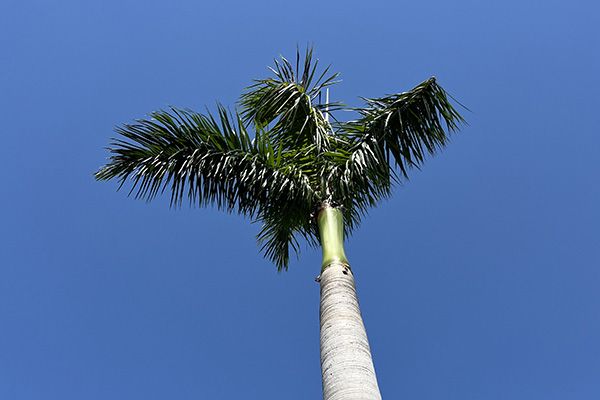The landscape of cannabis legalization has undergone a significant transformation over the past few years, with more states in the United States adopting more lenient regulations on both medical and recreational use. South Florida, known for its sunny beaches and vibrant culture, is no exception to this trend. In this blog post, we’ll take a deep dive into the current cannabis policies in South Florida, exploring the legal framework, medical marijuana program, decriminalization efforts, and the potential impacts on the region.
Legal Framework
The state of Florida legalized medical marijuana through a constitutional amendment in 2016, allowing qualified patients to access cannabis for medical purposes. This amendment paved the way for the establishment of a regulated medical marijuana program, providing patients with access to products like oils, tinctures, and edibles through licensed dispensaries. However, recreational use of cannabis remains illegal in South Florida. Possession, sale, or distribution of marijuana for non-medical purposes continues to be prohibited under state law.
Medical Marijuana Program
South Florida’s medical marijuana program has gained traction since its inception. Qualifying patients with certain medical conditions, such as chronic pain, epilepsy, cancer, and multiple sclerosis, can obtain a medical marijuana card after a consultation with a certified physician. Once approved, patients can purchase and possess a limited quantity of medical cannabis from licensed dispensaries. The program has brought relief to many individuals suffering from debilitating conditions, offering an alternative treatment option that often reduces the need for traditional pharmaceuticals. However, the implementation of the medical marijuana program has also come with challenges, including regulatory oversight, supply chain management, and ensuring patient access to high-quality products.
Decriminalization Efforts
While recreational use of cannabis remains illegal in South Florida, several cities within the region have taken steps towards decriminalization. Cities like Miami Beach and Miami have implemented ordinances that reduce the penalties for possessing small amounts of cannabis. These ordinances typically result in civil fines rather than criminal charges for individuals found in possession of small quantities. Decriminalization efforts reflect a growing recognition of the need to address cannabis-related offenses in a more compassionate and pragmatic manner. Advocates argue that decriminalization can help reduce the burden on the criminal justice system and prevent the disproportionate impact of marijuana-related charges on marginalized communities.
Potential Impacts
The evolving cannabis policies in South Florida have potential impacts on various aspects of society. From a medical standpoint, the medical marijuana program offers hope to patients seeking relief from chronic pain and other debilitating conditions. Additionally, the economic aspect cannot be ignored, as the cannabis industry generates revenue through taxes, job creation, and tourism. However, challenges remain. Ensuring the safety and quality of cannabis products, preventing underage use, and managing the balance between medical and recreational access are ongoing concerns for policymakers and regulators.

